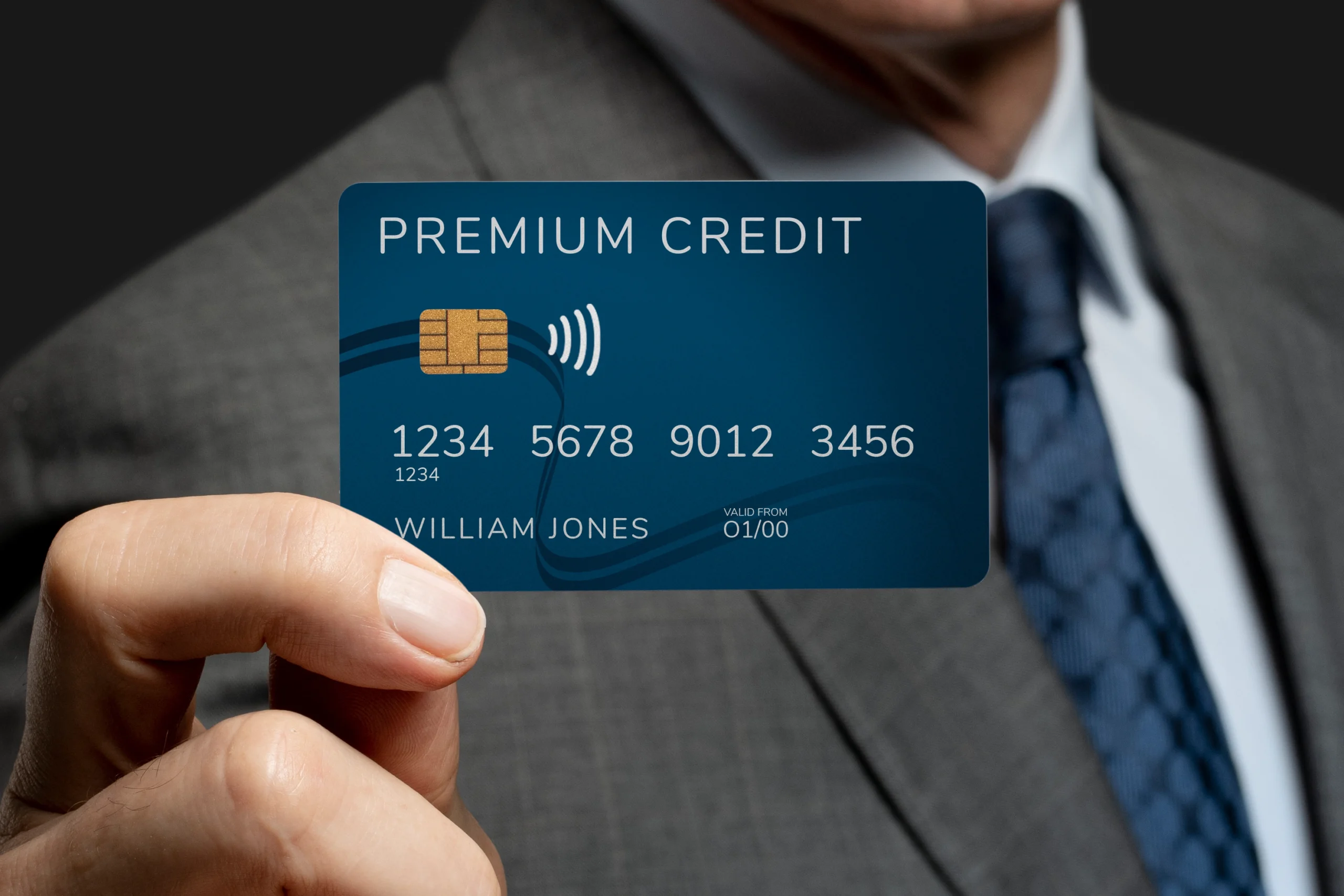Credit cards are an essential part of modern financial management, offering convenience and flexibility for consumers. This article will explore what credit cards are, how they work, the benefits and risks associated with them, and tips for using them wisely.
Read More :- What is API?
What Is a Credit Card?
A credit card is a financial tool issued by banks or credit unions that allows cardholders to borrow funds up to a certain limit for purchases or cash withdrawals. Unlike debit cards, which draw directly from a linked bank account, credit cards provide a line of credit that must be repaid, usually on a monthly basis.
How Credit Cards Work
When you use a credit card to make a purchase, the card issuer pays the merchant on your behalf. You then owe that amount to the card issuer. Most credit cards offer a grace period, which is the time you have to pay off the balance without incurring interest. If the balance is not paid in full by the due date, interest charges will apply.
Types of Credit Cards
Understanding the various types of credit cards can help you choose the best one for your needs.
1. Standard Credit Cards
These are the most common type of credit cards, offering a straightforward line of credit without any additional rewards or benefits. They typically come with a fixed credit limit and standard interest rates.
2. Rewards Credit Cards
These cards offer incentives such as cash back, points, or miles for every dollar spent. They are ideal for consumers who pay off their balance in full each month and want to earn rewards on their purchases.
3. Secured Credit Cards
Secured credit cards require a cash deposit as collateral, which serves as your credit limit. These cards are excellent for individuals looking to build or rebuild their credit history.
4. Student Credit Cards
Designed for college students, these cards typically have lower credit limits and fewer fees, making them a great starting point for young adults to establish credit.
5. Business Credit Cards
These cards cater to business owners and offer features like expense tracking and higher credit limits, helping to manage business-related expenses effectively.
Benefits of Using Credit Cards
Credit cards come with numerous advantages that can enhance your financial flexibility.
1. Convenience
Credit cards provide a convenient way to make purchases without carrying cash. They are widely accepted at most merchants, both online and in-store.
2. Building Credit History
Using a credit card responsibly can help build a positive credit history. Timely payments and low credit utilization can improve your credit score, which is crucial for future loans and mortgages.
3. Rewards and Incentives
Many credit cards offer rewards programs that allow you to earn points, cash back, or travel rewards. This can lead to significant savings and benefits over time.
4. Fraud Protection
Credit cards typically come with built-in fraud protection. If your card is lost or stolen, you are usually not responsible for unauthorized charges if reported promptly.
Read Also :- What is Data?
Risks A ssociated with Credit Cards
While credit cards offer many benefits, they also come with risks that consumers must be aware of.
1. Accumulating Debt
One of the most significant risks of using credit cards is the potential to accumulate debt. If you do not pay off your balance each month, interest charges can quickly add up, leading to a cycle of debt.
2. High-Interest Rates
Credit cards often have high-interest rates, especially for those with lower credit scores. Failing to make timely payments can result in increased financial strain due to high interest charges.
3. Fees
Credit cards can come with various fees, including annual fees, late payment fees, and cash advance fees. It’s essential to understand these fees to avoid unnecessary costs.
4. Impact on Credit Score
While responsible credit card use can improve your credit score, excessive borrowing or missed payments can harm your score, making it harder to obtain loans in the future.
Must Read :- What is Accounting?
Tips for Using Credit Cards Wisely
To make the most of your credit card, consider the following tips:
1. Pay Your Balance in Full
Always aim to pay your credit card balance in full each month to avoid interest charges and maintain a healthy credit score.
2. Set a Budget
Establish a monthly budget for your credit card usage to avoid overspending. Keep track of your purchases and ensure they align with your financial goals.
3. Use Rewards Wisely
If you have a rewards credit card, choose rewards that align with your spending habits. This can maximize your benefits and ensure you get the most out of your card.
4. Monitor Your Account Regularly
Regularly checking your credit card statements can help you spot unauthorized charges and manage your spending effectively.
5. Understand Your Terms
Familiarize yourself with the terms and conditions of your credit card, including interest rates, fees, and rewards. This knowledge will help you make informed decisions.
Conclusion
Credit cards are powerful financial tools that can provide convenience, rewards, and the ability to build credit. However, they also come with risks that require responsible management. By understanding how credit cards work and following best practices, you can enjoy their benefits while minimizing potential downsides. Always remember to use your credit card wisely, keep track of your spending, and pay your balance on time to maintain a healthy financial future.



